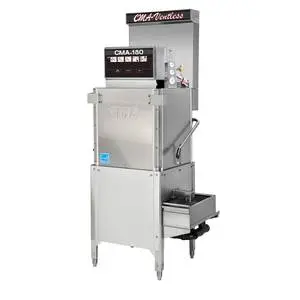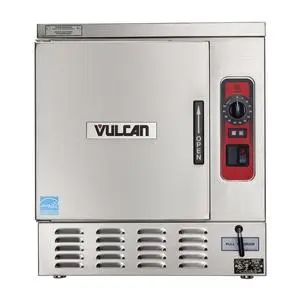The cost of water is now rising faster than inflation, according to the National Restaurant Association, so your water bill will be growing soon. Businesses that want to avoid enormous spikes in their water bill would do wise to be proactive in combatting water waste. Taking steps today means saving money tomorrow, plus you'll be doing your part protect one of our earth's most precious resources.
Consider these six tips from the food service industry experts for cutting your water bill drastically:
1. Evaluate your equipment
Dated equipment will likely use much more water than the efficient models available today. Investing in commercial dishwashers, ice machines and steamers that have received ENERGY STAR certification will help you save water and cut your bill.
2. Wash wisely
A commercial dishwasher uses a lot of water to get dishes and silverware sparkling clean. Never run a load unless the machine is full. Train staff to fill racks without overstacking to get the most out of each cycle.
3. Update pre-rinse valves
The NRA states spray valves account for approximately one third of the water use in a commercial kitchen. Swapping dated valves for modern low-flow options ensures the job gets done without wasting water. Additionally, make sure that any existing faucets or water connections are operating properly and without leaks.
4. Thaw smartly
When chefs need a quick thaw, they often run food items under cool water. This practice is incredibly wasteful, as it takes many gallons of fresh water to thaw frozen food. Plan ahead to reduce the frequency of "thawing on the fly" and place appropriate amounts of frozen food in the refrigerator the night before service.
5. Front of the house
The kitchen isn't the only place where water costs can be reduced. Consider how much water goes to guests, for example. While supplying a glass of water is standard, too often those glasses remain untouched throughout a meal until they are bussed away. A good way to avoid waste is by having servers place water glasses on the table, and only filling the glasses of those who want water.
6. Water filters
Water filters should already be in use in your establishment, but if not, they should be. Placing water filters on equipment like steamers or ice machines not only ensures a quality product, but also that your equipment is operating efficiently. Sediment build up can gum up the inner workings of equipment, and this has a direct effect on water efficiency.



